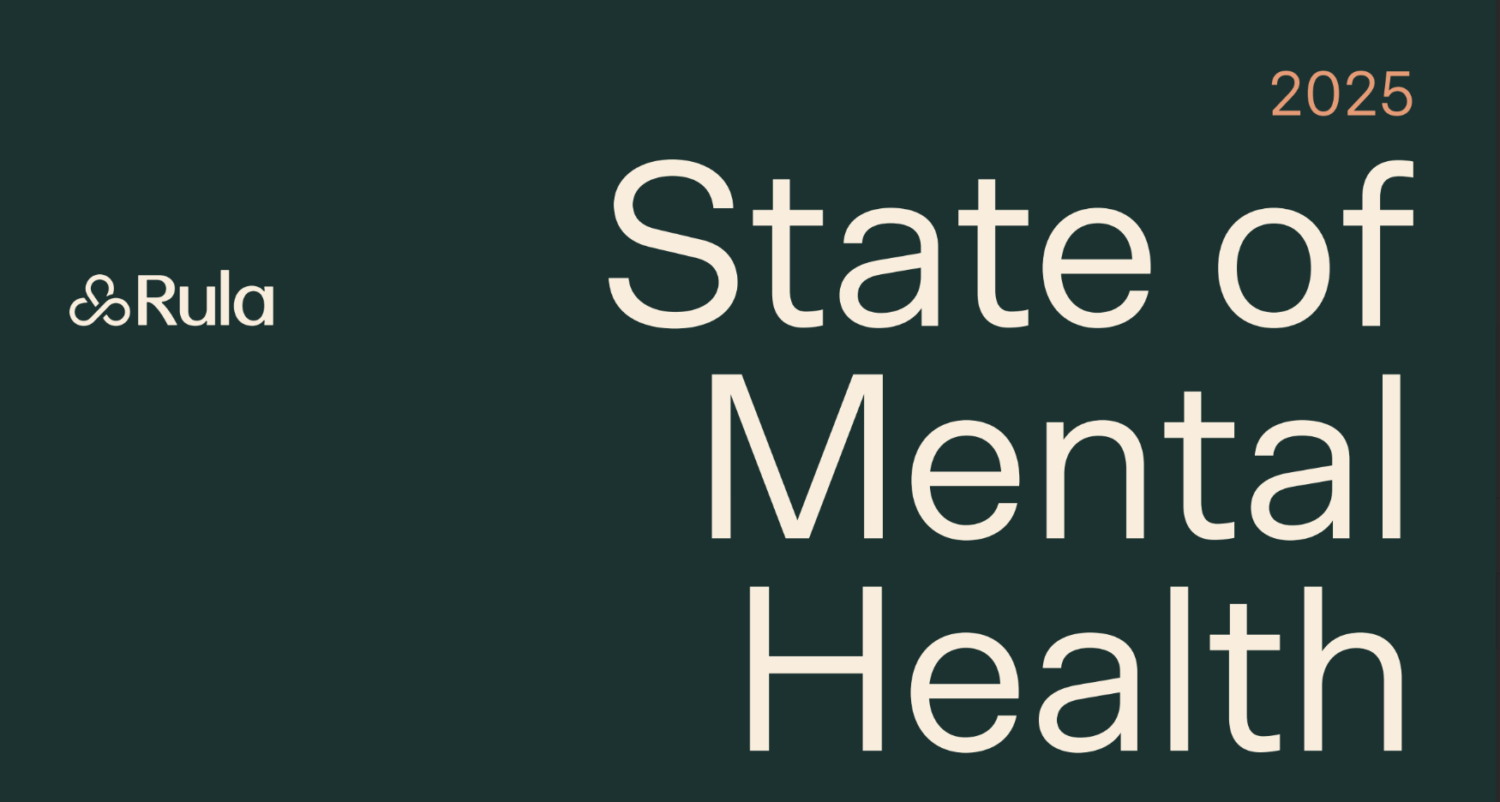
What You Should Know:
– Rula Health, a national behavioral healthcare provider group released its inaugural “2025 State of Mental Health Report: Mental Well-being in a Changing World.”
– Based on a survey of over 2,000 U.S. adults, the report provides a comprehensive snapshot of how Americans are navigating their mental health amidst economic uncertainties, global crises, and rapid technological advancements, while also highlighting the critical need for improved access to care.
The Modern Therapy Landscape: Increased Engagement Amidst Evolving Perceptions
The report indicates a significant shift in societal attitudes towards mental healthcare, with over half of Americans (53.4%) having accessed mental health services at some point in their lives. Among this group, engagement is current: 28.3% are presently in therapy, and another 25% have sought therapy within the past year. Millennials (aged 35-44) who have accessed care are notably active, with 33% currently in therapy, more than any other age group.
The primary drivers for seeking mental health support are anxiety (reported by 54.3%), depression (52.9%), and stress or burnout (33.1%), reflecting the mounting pressures of modern life. Encouragingly, nearly 80% of those who have pursued therapy report experiencing improvement as a result.
While referrals from primary care physicians remain a common way to find a therapist (32.5%), online searches are also a significant resource (23.5%). Most individuals (60.2%) find a compatible therapist on their first attempt, though Gen Z is more inclined to try multiple providers. The appeal of online therapy is growing, with 23.9% of respondents preferring it over traditional in-person sessions and an additional 18% open to trying it.
Persistent Hurdles: Unpacking the Barriers to Mental Healthcare
Despite increased openness, significant obstacles to accessing mental healthcare remain. Cost is the most substantial barrier, with a quarter of respondents (25%) stating it would deter them from seeking support. This financial strain is further evidenced by the reasons people stop therapy: 19.2% because it became too expensive, and 15.9% due to changes or loss of insurance coverage.
Other notable barriers include difficulties in finding the right therapist (16.4%), availability and time constraints (12.1%), distrust of the medical system (11.1%), and lingering stigmas around mental health (7.4%).
The report also highlights demographic disparities. Overall, 31.8% of respondents have faced challenges finding mental health support, with men reporting more difficulties than women. Women were more likely to be discouraged by high costs and the challenge of finding a suitable therapist, whereas men cited availability, time constraints, stigma, and distrust of the medical system more frequently. Economic factors, such as inflation and the rising cost of living, have impacted 42.9% of respondents’ ability to access mental healthcare, with women being disproportionately affected. Furthermore, over half of adults aged 65 and older have not accessed mental health services in more than five years, and a significant portion (27.6%) of this age group are unsure what type of therapy would be most beneficial, often feeling uncomfortable discussing their mental health.
A World in Flux: External Pressures and Perceptions Shaping Mental Health
The report underscores that mental health has become a more urgent personal priority for many, with 57.9% of those surveyed stating it has grown in importance to them over the last five years. External factors like economic uncertainty (28%), social issues and discourse (27%), and political changes (15%) influence individuals’ decisions to seek mental health support.
When asked to define “good” mental health, the most common response was “I have a more positive perception of myself” (48.8%), followed by “I’m feeling happy on a consistent basis” (47.5%), and “I have people in my life who I can talk with about my mental health on a consistent basis” (37.9%). Notably, 54.7% of respondents reported that their mental health has improved since they started paying closer attention to it or seeking help.
Technology presents a double-edged sword: while 68.4% of respondents said it impacts their mental health, many cited negative effects such as information overload (23.7%) and a constant need to be online (22.9%). However, an equal percentage (22.9%) felt technology makes them feel more connected, and it has been instrumental in expanding access to care through online therapy.
The Power of Connection: Social Circles Influencing Mental Health Journeys
The most significant influence on people’s relationship with their mental health comes from their immediate social circles. A notable 41.7% of respondents said they would be more likely to seek mental health support if people in their close circle were attending therapy or speaking openly about it. Encouragement from family or friends made 40% of respondents more comfortable discussing their mental health.
However, social circles can also be a deterrent. Thirty percent of respondents stated that family or societal pressures had impacted their ability to seek support, and 25.9% were dissuaded because someone they knew had a negative therapy experience.
